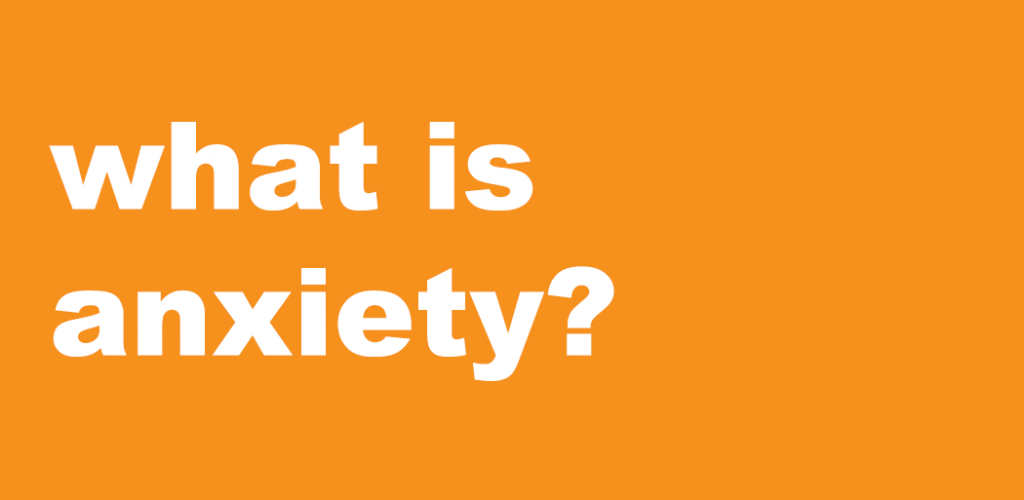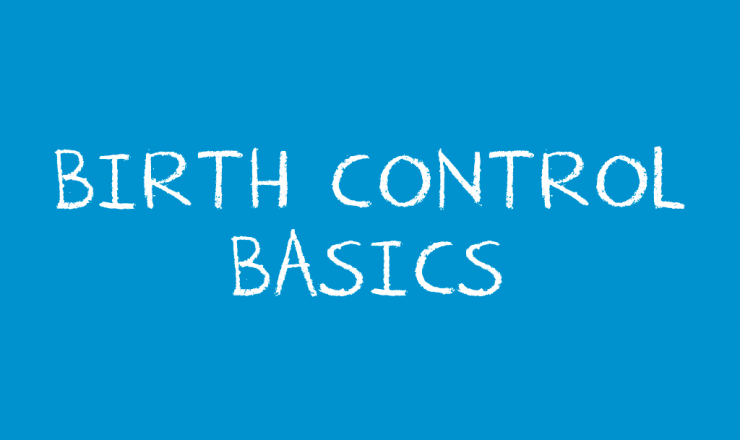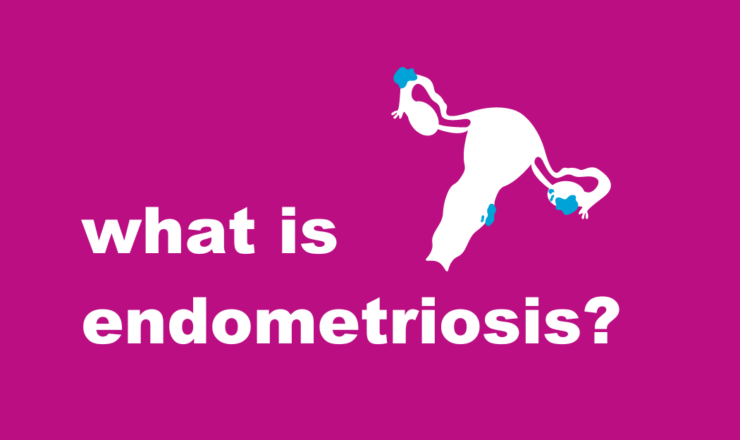What is anxiety?
Anxiety is a very common mental health experience. Anxiety can be caused by being in stressful situations and by thinking about stressful things. Feeling anxious or worried sometimes is normal and can help keep you motivated, focused and safe from danger when it happens in small and manageable amounts.
When you feel anxious, it is because your survival instinct kicks in and your brain sends a message to your nervous system (your body) that you need to protect yourself. Your nervous system releases adrenaline and other stress hormones that prepare your body to fight, flight (run away) or freeze. This causes changes in the body such as tense muscles, fast breathing and other symptoms.
The word “anxiety” describes both the temporary feeling of being worried and, when symptoms are felt strongly and repeatedly, “anxiety” can refer to disorders that a health professional (doctor, nurse) may diagnose, listed below:
- Generalized anxiety disorder: experiencing anxiety symptoms frequently
- Social anxiety: fear of looking silly or being rejected in social situations
- Phobia: fear of specific things or situations
- Panic disorder: experiencing repeated panic attacks
- Panic attack: sudden intense onset of anxiety symptoms within minutes
- Post traumatic stress disorder: frequent memories of traumatic experiences
A health professional can talk to you about diagnosing anxiety disorders and about treatment options including medication and/or counselling.
There are many valid reasons to feel anxious in life. However, even living in a world that gives you some valid reasons to be anxious, you also deserve to feel some calmness.
What does anxiety look like?
Anxiety looks and feels different for everyone. Anxiety can affect your thinking. For example, you may have more thoughts related to fear, dread or a lack of control. Anxiety can also affect your behaviour. For example, if talking in front of people makes you very anxious (thought), you may decide to drop a class that contains a lot of presentations (behaviour).
Anxiety may feel like being:
- nervous
- panicked
- worried
- suffocated
- tense
- exhausted
- confused
- fearful
Anxiety also affects the body. It can cause physical reactions like:
- fast heartbeat
- quick or shallow breathing
- sweating or feeling cold
- trembling or shaking
- having trouble sleeping
- chest pain or tightness
- tension
- feeling jumpy
- dizziness
- numbness
- nausea
Some of these things can be caused by other health concerns such as low iron or vitamin deficiencies. If you have these symptoms, it may be a good idea to talk to your doctor.
This series contains things you can do that might help you to cope with and manage anxiety. Other pages in this series include:
- What can I do about my anxiety? – Physical State
- What can I do about my anxiety? – Thoughts
- What can I do about my anxiety? – Behaviour
- Resources for managing anxiety
If you have questions about this topic, feel free to contact one of our peer educators. [Link]
Last Edited: May 2020






